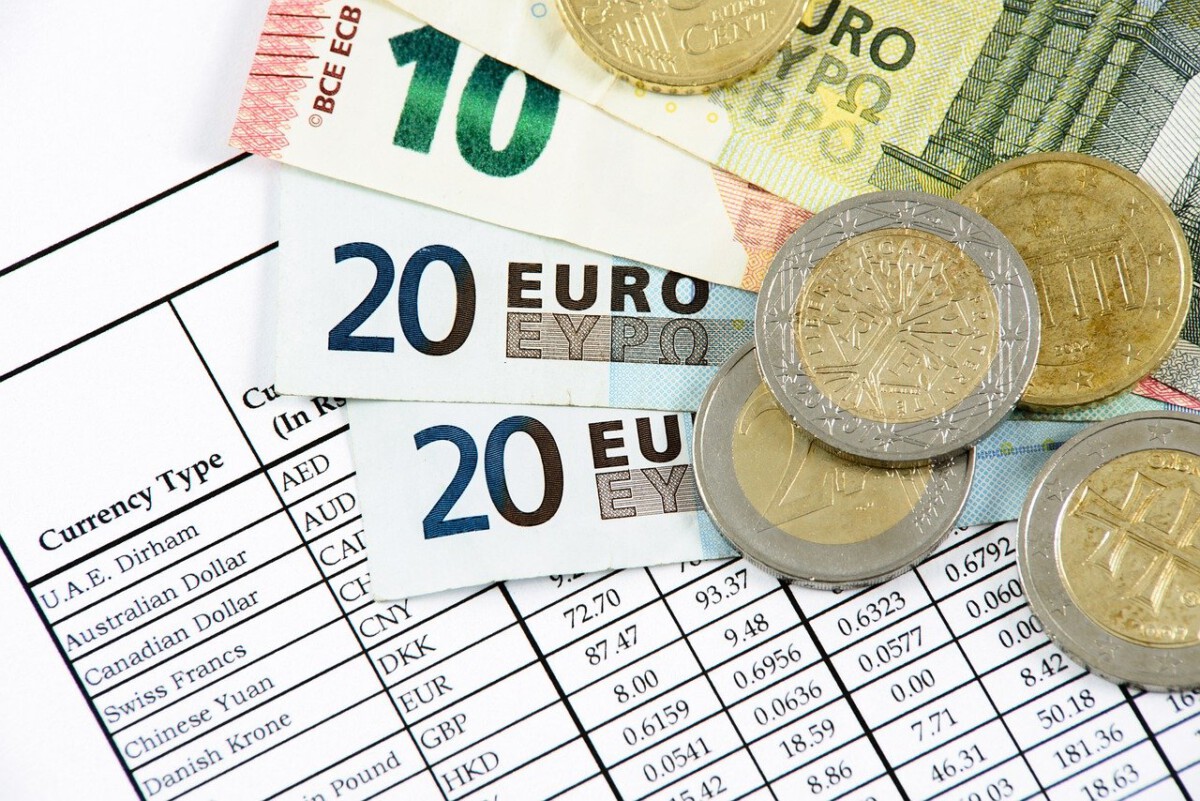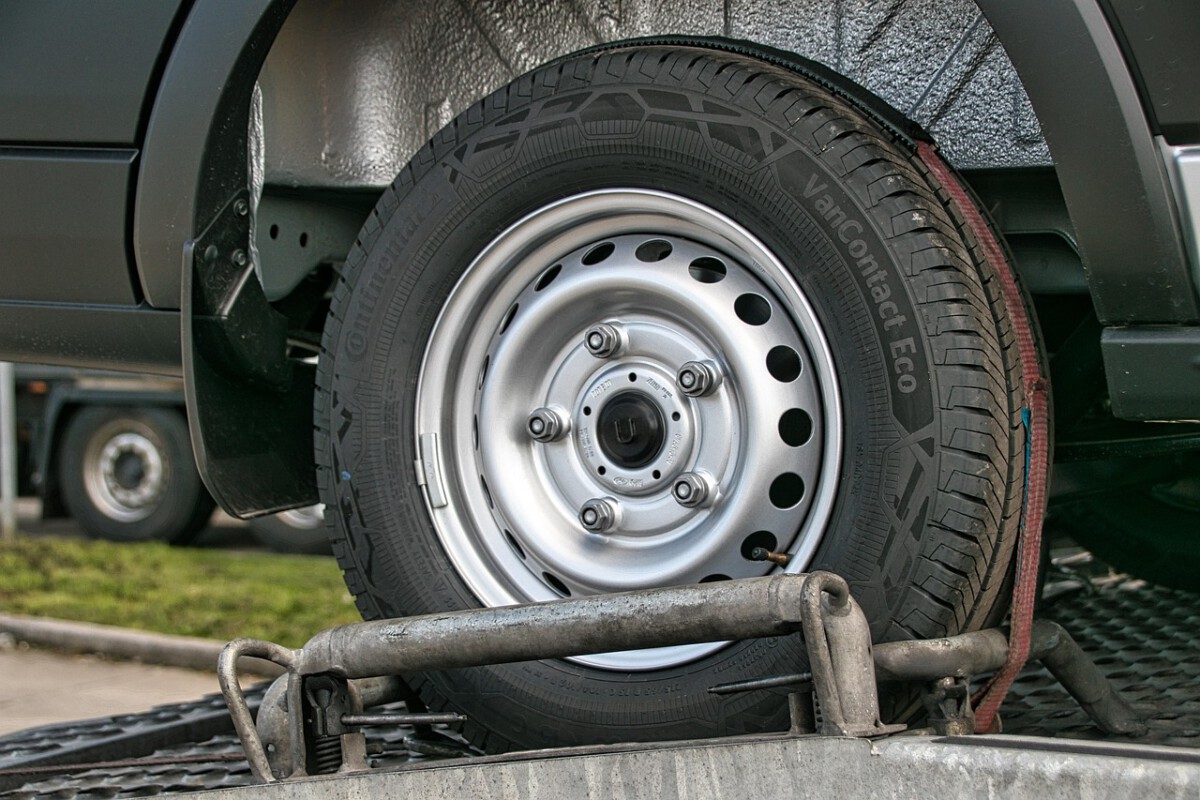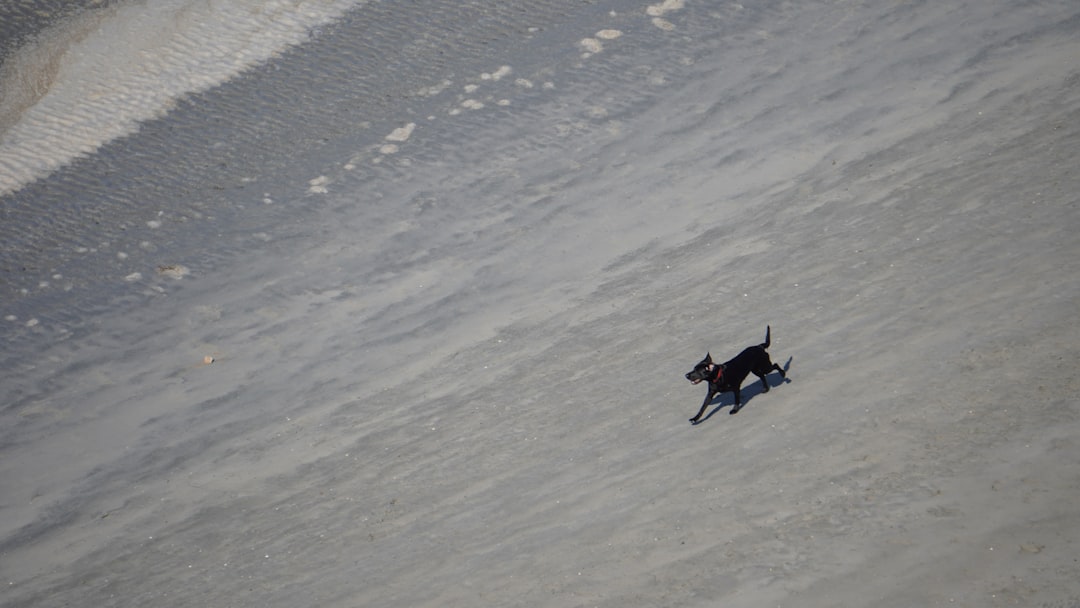Budgeting Basics: Setting Your Financial Goals

Dreaming of exploring Europe for a whole month without draining your savings? It all starts with a smart, realistic budget. Divide your $2,000 across essential categories—accommodation, meals, transportation, and activities—so you know exactly where every dollar will go. Aiming for a daily budget of about $66 helps you keep spending in check without feeling deprived. Using digital tools like Mint or YNAB makes tracking expenses easier and can alert you if you’re getting off track. Researching average costs in each country ahead of time is crucial, as prices can vary widely. For example, places like Poland, Romania, or Hungary let you stretch your dollars further than Paris or London. By understanding real costs upfront, you’ll avoid nasty surprises and make your money last the entire month.
Affordable Accommodation: Hostels and Alternative Options

Finding a comfortable yet affordable place to sleep doesn’t have to be a struggle. Hostels remain a top choice, especially for solo travelers or those seeking a lively atmosphere; beds often range from $15 to $30 per night, and you’ll find options for every taste on Hostelworld or Booking.com. If you crave more privacy or want to stay with locals, consider Airbnb, where private rooms can sometimes cost less than a hostel dorm in larger cities. For an even more adventurous approach, Couchsurfing connects you with hosts willing to open their homes for free, often sharing local tips as well. Choosing accommodations with kitchen access is a hidden money-saver, letting you prepare your own meals and skip pricey restaurants. In cities like Budapest, a month in a hostel could cost as little as $400, freeing up cash for experiences and day trips. Flexibility with location, such as staying slightly outside city centers, can also mean lower rates without sacrificing convenience.
Transportation: Navigating Europe on a Budget

Getting around Europe doesn’t have to eat up your funds. Budget airlines like Ryanair and EasyJet regularly offer fares as low as $20 if you book weeks in advance, making it possible to hop between countries without breaking the bank. For those who want to soak in the scenery, trains are a classic European experience, and a Eurail Pass can unlock unlimited rides across participating countries, saving you money if you plan multiple trips. Within cities, public transport is both efficient and affordable—monthly passes in places like Berlin cost about $80 and cover buses, trams, and subways. Walking is not only free but often the best way to discover hidden corners of a city, while occasional bike rentals add a fun twist. Night buses or trains can double as accommodation and save money while moving between destinations. By combining these methods, you can explore widely without blowing your budget.
Eating Smart: Affordable Dining Options

Savoring local cuisine doesn’t require expensive restaurants every night. Europe’s markets overflow with fresh produce, cheese, and bread, perfect for picnics or self-catered meals. Supermarkets like Lidl and Aldi are staples in many countries and offer quality staples at low prices. Street food is not just delicious but wallet-friendly—think $3 falafel in Berlin or $7 pastel de nata and coffee in Lisbon. Many restaurants offer “menu del día” lunch specials that cost much less than dinner. Cooking your own meals, especially in hostel kitchens, can cut your food costs in half and also be a fun social activity. Sampling local bakeries or food trucks lets you eat like a local and stick to your budget. With a little creativity, you’ll enjoy Europe’s flavors without overspending.
Free and Low-Cost Activities: Exploring Without Spending

Europe dazzles with cultural riches that don’t have to cost a cent. Many cities offer free walking tours, where local guides share stories and you tip what you can afford. Museums often have special days with free or discounted entry; the Louvre in Paris opens its doors for free on the first Saturday of each month. Parks, gardens, and public squares invite you to relax or people-watch without spending money. Festivals, street performances, and local markets provide entertainment and insight into daily life. Hiking trails surround many cities, giving you a chance to see breathtaking landscapes for nothing. Keeping an eye on city websites or event calendars helps you catch free concerts or film nights. These experiences prove that the best memories often come from the simplest adventures.
Travel Insurance: Protecting Your Investment

It’s tempting to skip travel insurance to save money, but this is a risk not worth taking. A policy for a month in Europe can be found for as little as $40, offering protection from trip cancellations, unexpected illnesses, or theft. Medical care abroad can be expensive, and having coverage means you won’t have to choose between your health and your wallet. Companies like World Nomads and InsureMyTrip let you compare plans to find the right balance of price and protection. While you may never need to use it, the peace of mind is invaluable, especially when traveling light. Insurance also covers lost luggage or missed connections, which can quickly derail a budget trip. Investing a small amount here could save you hundreds or even thousands if something goes wrong.
Currency Exchange: Getting the Best Rates

Maximizing your money starts with smart currency exchange. Airport kiosks often advertise convenience but deliver poor rates and high fees. Instead, use local ATMs for withdrawals, as these usually offer competitive bank exchange rates. Before leaving home, research travel-friendly credit cards—like the Chase Sapphire Preferred—which offer no foreign transaction fees and even rewards on purchases. Always choose to be charged in local currency instead of your home currency when paying by card to avoid hidden conversion fees. Monitor current exchange rates daily to avoid surprises and get the best value for your dollars. Carrying a small amount of backup cash is wise, but avoid large exchanges at once as rates fluctuate. These careful steps help you squeeze every cent from your travel fund.
Seasonal Travel: Timing Your Trip for Savings

When you choose to travel can have a huge impact on your budget. Visiting Europe during off-peak times—such as spring or autumn—means significantly lower prices for flights and accommodations. For example, a flight to Barcelona in September might cost 30-50% less than the same route in July, and hotels often reduce rates outside the busy summer season. Smaller crowds mean easier access to popular attractions and a more relaxed atmosphere. The weather remains pleasant in many countries even after the main tourist rush, so you won’t miss out on outdoor activities. Off-season travel also means more authentic experiences, as many festivals and local events take place away from the tourist crush. Timing your trip right is an easy way to stretch your budget without sacrificing the quality of your adventure.
Networking with Locals: Finding Hidden Gems

One of the greatest joys of travel is connecting with people who call your destination home. Locals are the key to discovering lesser-known attractions and affordable eateries that never make the guidebooks. Social media platforms, travel forums, and apps like Meetup or Couchsurfing can help you connect with residents eager to share their city. Attending community events, language exchanges, or local markets can lead to unexpected invitations and new friendships. Many cities have Facebook groups specifically for visitors seeking advice or companionship. Locals often know how to get discounts or avoid tourist traps, letting you experience a more authentic and budget-friendly side of Europe. These connections can transform a good trip into an unforgettable one.
Final Tips: Staying Flexible and Open-Minded

Flexibility is your greatest asset when traveling on a tight budget. Being open to changing plans based on new information or last-minute deals can lead to unexpected savings and richer experiences. Travel deal websites like Skyscanner or Google Flights often feature flash sales that could redirect your itinerary for less. Sometimes, a spontaneous bus ride or an impromptu overnight in a small town leads to memories you’ll cherish for years. Prioritizing experiences over souvenirs keeps your spending focused on what truly matters. Remember to pack light, as checked luggage can add hidden fees on budget airlines. Above all, embrace each day with curiosity and a willingness to adapt, and your month in Europe will be both affordable and amazing.







